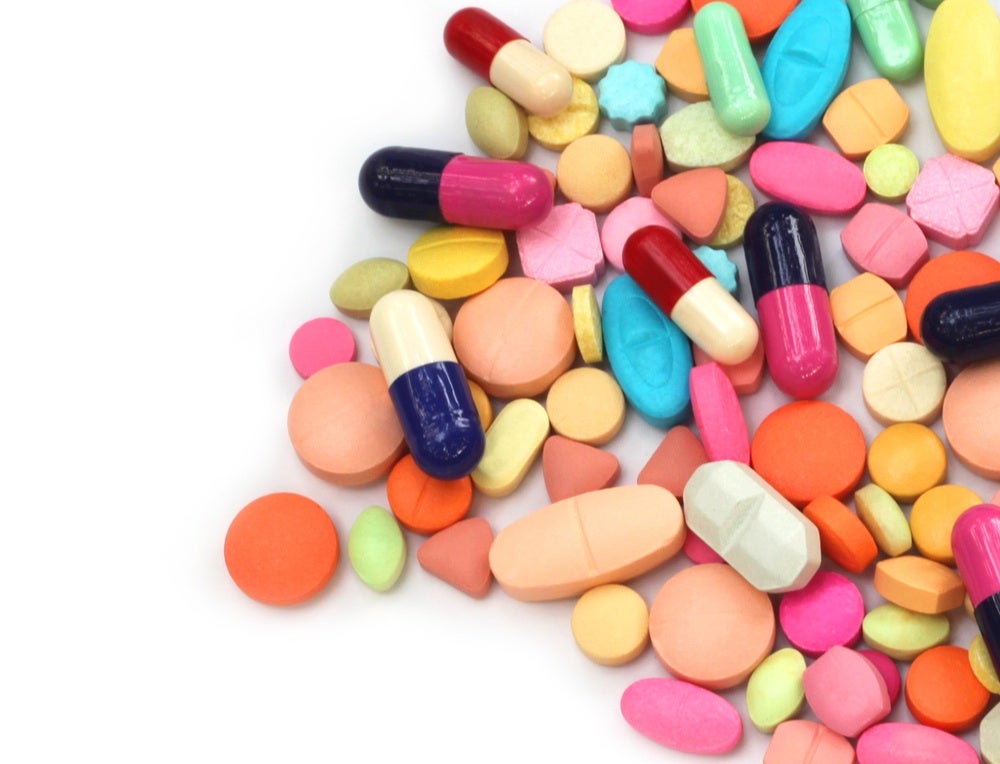Medicine Cabinet Minefields

Photo: <a href=http://shutterstock.com>Shutterstock.com</a>
Whether it’s an over-the-counter pill or prescription-strength medicine, here’s what you should know to avoid side-effects that can affect your training, racing and overall health.
Ibuprofen
Also known as: Advil, Motrin, Aleve
These all fall into the category of NSAIDs (non steroidal anti-inflammatory drugs). In high enough doses, NSAID medicines can cause ulcers, gastrointestinal bleeding and kidney damage.
Keys to safer use: NSAIDs stop your blood from clotting, so if you strain a muscle, for example, taking Advil within 48 hours will make it harder for your body to heal. Instead, think RICE (rest, ice, compression, elevation). Don’t use NSAIDs to mask pain. If it hurts badly enough to change your swim, bike or run movement pattern, get the injury checked out. Don’t load up on NSAIDs before a long run or race—high-dose use has been linked to kidney damage during endurance events due to its constriction of blood vessels. Finally, never take NSAIDs on an empty stomach.
RELATED: How Do I Treat Back Pain?
Acetamenophin
Also known as: Tylenol, Paracetamol
Safer than NSAIDs in terms of causing bleeding, these medicines are most widely used for reducing fever. Since they don’t have a specific anti-inflammatory function, they are less popular than the NSAID group. The risk here is liver damage: Acetamenophin causes three times more liver damage than all other medicines combined. Stick to the recommended dose.
RELATED: Neck Pain In Endurance Athletes
Anti-Diarrheal Medications
Such as: Imodium
Some athletes take anti-diarrhea medicines before a race to ward off GI distress, but these pills have been linked to intestinal rupture. A wiser approach is to really dial in your nutrition strategy.
RELATED: Battling An Upset Stomach
Oral Contraceptive Pills
Such as: Loestrin, Alesse
Birth control pills are pretty safe except for the increased risk of blood clotting—about four times that of the general population. Women who have just finished a long event and then jump on a plane before rehydrating have a higher clotting risk (this is a good time for a prophylactic NSAID or aspirin). Reduce the risk of a post-event blood clot through effective rehydration.
RELATED: Cut Your Risk Of Blood Clots
Statin Medications
Such as: Lipitor, Crestor
These medicines are increasingly being used around the world to keep cholesterol levels low. They work by interfering with HMG-CoA reductase, an enzyme found in liver tissue that plays a key role in production of cholesterol. However, about 10 percent of users develop muscle cramping. If you’re getting unexplained cramping and you’re using these medicines, talk to your doc.
RELATED: Exhausted? Take A Look At Your Blood Tests
Fluoroquinolone Antibiotics
Also known as: Cipro
This antibiotic is still used (though less so) for persistant infections. In a small percentage of users, spontaneous tendon injury, most often the Achilles, has been well documented. This can sometimes lead to a rupture. If your doctor prescribes Cipro, make sure you ask about this risk and see if there is a safer alternative that might work for you.
Remember, every medicine comes with some type of risk. Make sure you do your homework and speak to your doctor about any concerns.
RELATED: How To Deal With Missing A Workout
Jordan D. Metzl, M.D. is a sports medicine specialist at Hospital for Special Surgery in New York City who has run 29 marathons and finished nine Ironmans.